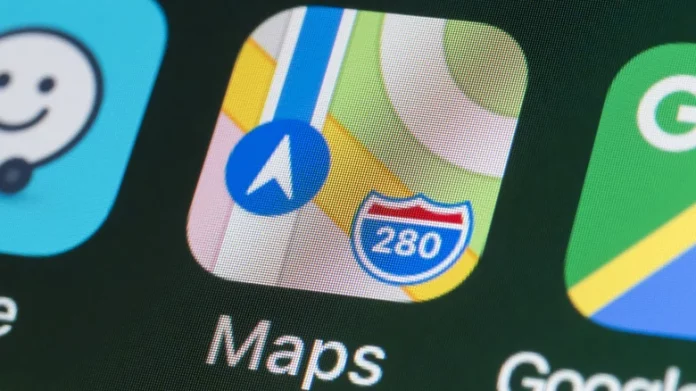More than a year after first signaling the change, Google is finally enforcing its decision to raise the minimum Android version required for Android Auto—from Android 8.0 (Oreo) to Android 9.0 (Pie). According to the app’s recent listings on APKMirror, three beta releases of Android Auto version 15.5 now mandate Android 9.0 or newer for installation. This clearly indicates that the upcoming stable version of Android Auto 15.5 will no longer be available for devices running Android 8.0 or older.
Why Google Is Making the Change
Although Google hasn’t provided an official explanation, the move aligns with the company’s general approach to phasing out legacy systems. Tech companies often end support for outdated hardware and software once they can no longer meet performance or security standards. Microsoft, for instance, has discontinued updates for Windows 10. Similarly, older phones are often left behind as they struggle to support next-generation features—such as those powered by Gemini AI in Android Auto. For most users, that means companies would rather stop updates entirely than deliver a subpar experience on aging devices.
How This Affects Current Android Users
Fortunately, the impact on Android users will be minimal. According to data from Composables.com, only about 4% of active Android devices are still running Android 8.0 or 8.1—the versions affected by this enforcement.
If your phone runs Android 9.0 (Pie) or higher, there’s nothing to worry about. Updates will continue to roll out as usual through system updates, Google Play Services, or the Google Play Store.
However, for users still on Android 8.x or older, the situation is different. Older smartphones rely entirely on the Android Auto app for mirroring phone functions to a car’s infotainment display. Without support for version 15.5, you will no longer receive major Android Auto updates. Google might still push minor maintenance or security fixes in version 15.4, but major features and changes will stop arriving.
What You Can Do Next
If you are using Android 8.x or older:
- You can continue using the current version of Android Auto for now, but functionality could degrade over time.
- Reports suggest full Android Auto support for Android 8 devices might end entirely in 2026.
Your best options are:
- Upgrade your phone’s software (if an update to at least Android 9.0 is available).
- Upgrade your device to a newer model with Android 15 or Android 16, ensuring compatibility and future updates
for several more years.
While the change may feel inconvenient for a small group of users, it ultimately allows Google to keep Android Auto optimized, secure, and aligned with the modern Android ecosystem.





